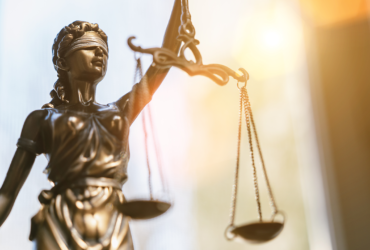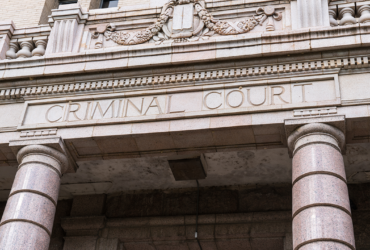In a legal context, privilege refers to a special right or advantage granted to a person or group, allowing them to withhold certain information from disclosure in a legal proceeding
Notes:
A legal privilege pertains to protected communications from being used as evidence, ensuring confidentiality in specific relationships.
Examples of Privileges:
- Attorney-Client Privilege: Protects communications between a lawyer and their client from being disclosed without the client’s consent.
- Doctor-Patient Privilege: Safeguards the confidentiality of medical information shared between patients and their healthcare providers.
- Spousal Privilege: A spouse can refuse to testify against the other in court, preserving marital confidentiality.







